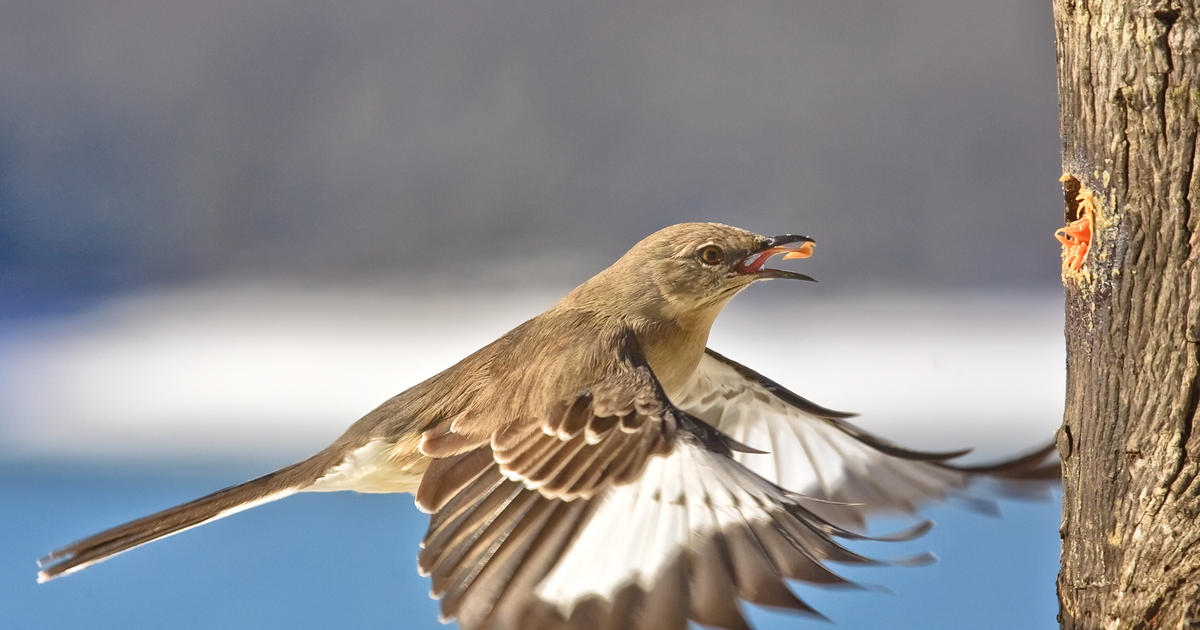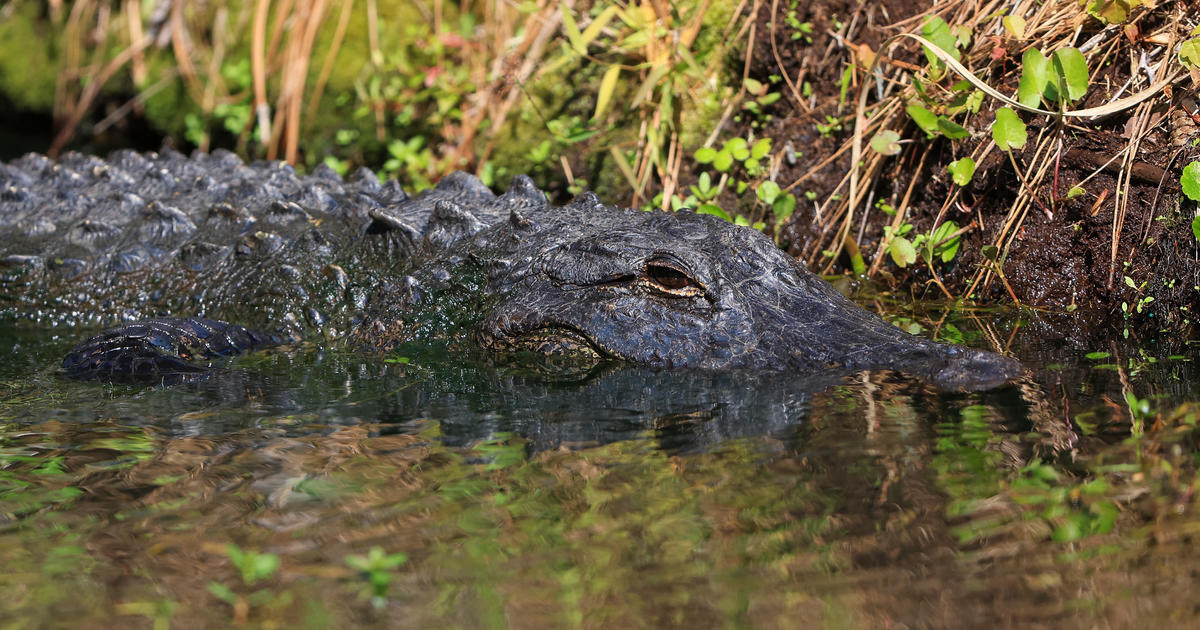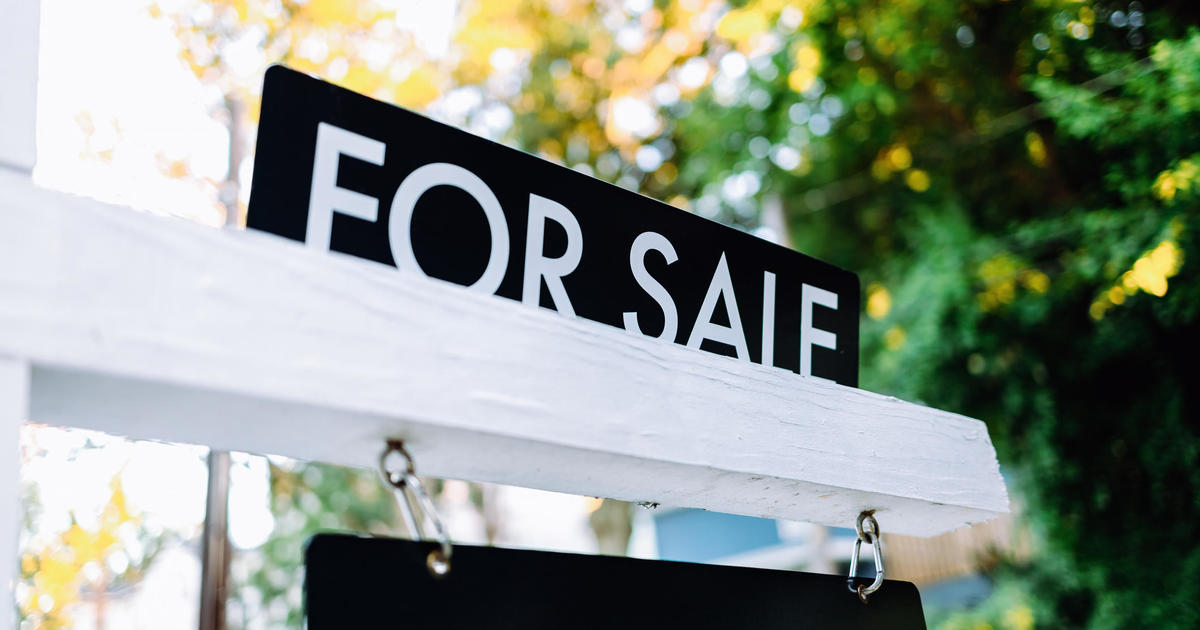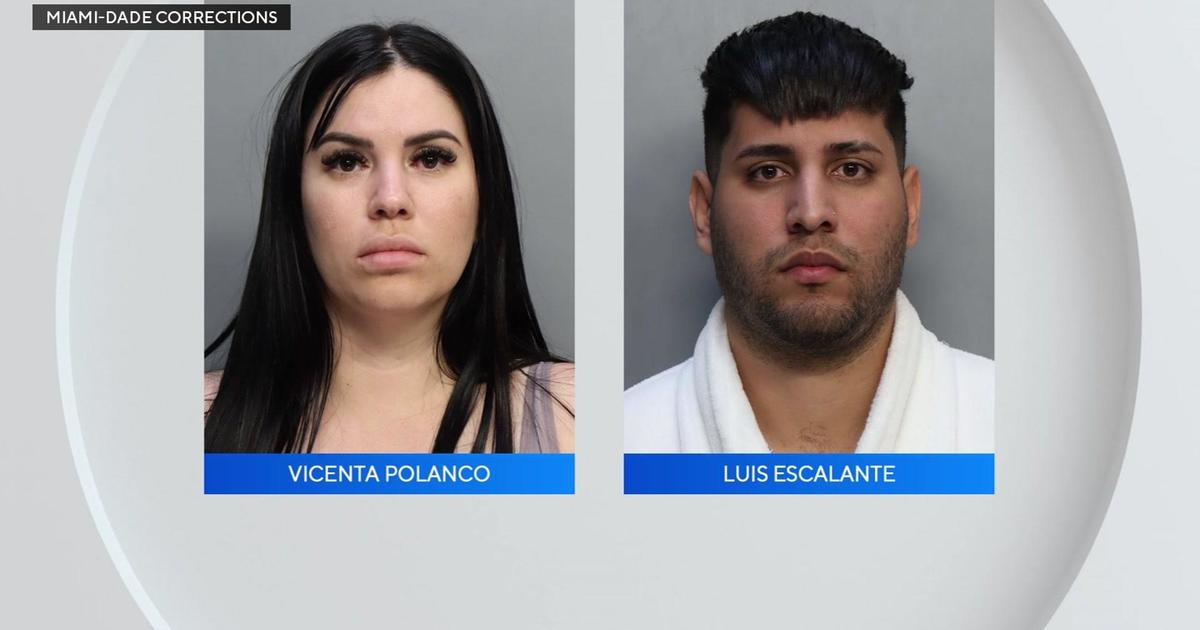Venezuela's Maduro Says He's Willing To Negotiate With Opposition
Follow CBSMIAMI.COM: Facebook | Twitter
MIAMI (CBSMiami/CNN) - Embattled Venezuelan President Nicolas Maduro says he is willing to negotiate with the country's opposition.
"I'm ready to sit down at the negotiating table with the opposition so that we can speak for the good of Venezuela -- for the world and its future," Maduro told Russian state news agency RIA Novosti in an interview published Wednesday.
Maduro was re-elected to a six-year term last year, and though he claimed the elections were fair, international observers have questioned their legitimacy.
"The presidential elections in Venezuela took place, and if the imperialists want new elections, let them wait until 2025," said Maduro.
His comments come just hours after his attorney general announced that Juan Guaidó, the leader of the democratically elected Venezuelan National Assembly who declared himself the country's interim president last week, was under investigation, despite the fact that members of parliament are typically immune from prosecution.
Maikel Moreno, the chief justice of the Venezuelan Supreme Court, said on Twitter that Guaidó's assets would be frozen and he would be banned from the country while the probe is ongoing.
On Tuesday, US national security adviser John Bolton warned Venezuelan authorities against taking further action targeting Guaidó, who Washington recognizes as the legitimate president of the country. Bolton said there would be "serious consequences" if any harm came to Guaidó.
Guaidó appointed himself president one week ago following deadly protests against Maduro, who has presided over one of the most severe economic collapses in recent memory despite the fact that Venezuela boasts the world's biggest oil reserves. Many of the demonstrators that spoke with CNN said that they were driven by hunger.
Maduro has accused Guaidó and US President Donald Trump of plotting a coup to oust him from power.
In a series of messages posted to social media Wednesday, Maduro appealed directly to US citizens to ask them to stop the Trump administration from turning Venezuela into "a Vietnam in Latin America." He also accused Washington of targeting Venezuela in an attempt to steal the country's oil wealth.
"We are a people of peace, with a solid democracy," Maduro said.
"I want to have respectful relations with all the United States ... I ask for peace and respect."
Maduro blames the US for the acute food shortages, soaring unemployment and massive hyperinflation that has wiped out savings in his country.
But economists point to years of economic mismanagement as the more likely cause. Maduro and his predecessor, Hugo Chavez, funded huge and ultimately unsustainable social welfare programs and price-control policies in an effort to steer the country toward socialism, locking up political opponents and stamping out the opposition in the process.
"This is a fight between democracy and dictatorship," the Guaidó-appointed charge d'affaires for Venezuela in the United States, Carlos Vecchio, said at a news conference after meeting US Vice President Mike Pence.
Guaidó has called on supporters to continue to take to the streets to put pressure on Maduro and the country's powerful military, which analysts say could serve as a potential kingmaker in the crisis.
In an interview with CNN en Español Monday, Guaidó said he hoped to win the support of the country's military in order to convince Maduro to step down.
'A unique opportunity'
On Tuesday, Vecchio held a news conference in front of the White House in which he announced that the Trump administration had accepted his diplomatic credentials.
He said Guaidó's administration has three key goals: To end the "dictatorship of Maduro"; to establish a transitional government that will work toward democracy; and to call for "free and transparent" elections as soon as possible.
"We have been fighting for the last 20 years to restore our democracy. It hasn't been an easy task, but here in my view we have a unique opportunity," he said. "We have the momentum. We have the people on the streets, asking for a change in our country. We have a united opposition behind the agenda that I just mentioned."
"We want to achieve a smooth transition in Venezuela toward democracy. We want to bring stability to our country."
"That's why we're asking for the support of the international community," he said.
The White House has been one of Guaidó's most vocal supporters since the crisis began, alongside a handful of democracies throughout Europe and Latin America.
China -- Venezuela's most important creditor -- Russia and Turkey are among those standing behind Maduro.
On Monday, the White House significantly stepped up its attempts to squeeze Maduro by going after Caracas' most valuable asset: Its oil wealth, with sanctions against Venezuelan state oil company Petroleos de Venezuela, S.A.
The Trump administration has not refused to rule out any options to deal with the crisis, including military action -- speculation fueled in part after Bolton was seen Monday carrying a yellow legal pad inscribed with the words "5000 troops to Colombia."
It's unclear if that was a slip-up or a Machiavellian ploy to intimidate the Maduro regime.
Government officials typically carry notes in folders to hide their contents, and Bolton is a seasoned diplomat with years of experience.
Colombia's foreign minister said in a statement Monday that he was unaware of the thinking behind Bolton's notes Monday evening.
"Colombia does not know the reasons behind these notes and it is unaware of the real extent of them," said Colombian Foreign Minister Carlos Holmes Trujillo in a statement.
(©2019 CBS Broadcasting Inc. All Rights Reserved. Cable News Network, Inc., a Time Warner Company, contributed to this report.)



